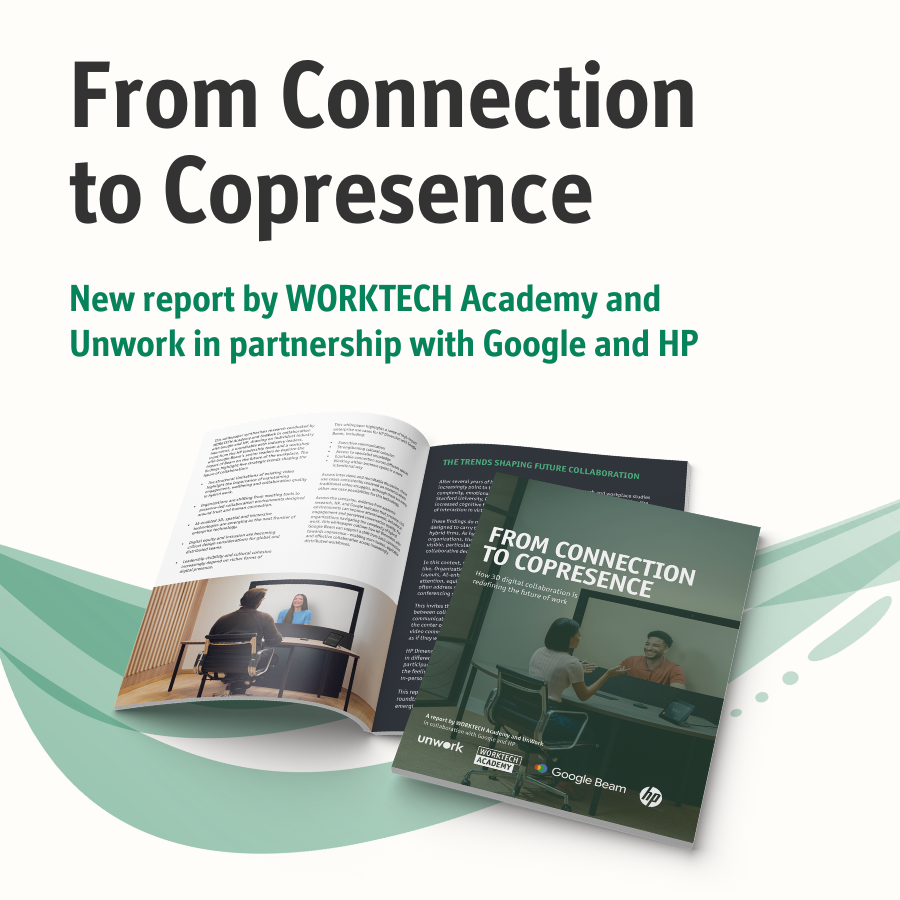Signal File: what this week’s headlines reveal about the stakes of smart automation
From reshaping trust and time to redefining climate impact, this week’s signals show that AI’s real power isn’t what it can do – but what we choose to do with it
Staying ahead in the rapidly evolving world of work means tuning in to the signals shaping the future workplace. In this weekly column, we highlight the latest news on our radar and its implications on business.
This week, AI takes centre stage – not as a technology, but as a test. Can it earn consumer trust? Help small businesses build resilience? Create time, not just output? Reduce carbon, rather than compound it? From Bernie Sanders’ call for a four-day week to new data on privacy expectations and emissions trade-offs, these signals remind us that AI’s potential lies not in the tools themselves, but in the values we code into them.
Privacy tops trust drivers
New research from Morning Consult shows that 47% of U.S. adults say ‘respect for privacy’ is the most important factor when deciding whether to trust a business – outranking financial success, social impact, and even worker treatment. Meanwhile, just 14% say businesses that don’t use AI are more trustworthy, suggesting that AI anxiety exists – but trust still hinges more on what you collect than how you compute.
In action: Make privacy visible. Communicate clearly how data is used, and treat transparency as a trust accelerator – especially in AI-enabled services.
SMEs using AI feel more future-ready
According to the Work That Works report, SMEs that have integrated AI into their workflows are 50% more likely to feel prepared for the next 2–3 years. For businesses navigating economic volatility and talent uncertainty, AI isn’t just a productivity tool – it’s a psychological edge, offering a rare sense of control and resilience.
In action: Use AI to build confidence, not just capacity. For smaller teams, the right tools can strengthen strategic clarity and turn uncertainty into opportunity.
Can AI buy us time off?
Senator Bernie Sanders thinks so. On a recent episode of The Joe Rogan Experience, he argued that companies using AI to boost productivity should shorten the workweek instead of cutting jobs. A four-day week, he suggests, is the fairer return on efficiency gains driven by automation.
In action: Use AI to rebalance the equation. When output rises, reward people with time – not burnout.
AI’s environmental impact
New projections suggest AI could reduce global emissions by up to 5.4 billion metric tons annually by 2030 – or increase them by 1.6 billion, depending on how it’s deployed. The difference lies in design: applying AI to optimise energy, agriculture and transport versus unchecked model training, hardware demand and rebound effects. It’s less about the tech itself, and more about the choices we make leveraging AI.
In action: Make climate impact a design input, not a side effect. Build AI applications that optimise for both performance and the planet.








